Questions You'll Want to Ask Your Hardscaping Contractor
Hardscaping is a crucial aspect of landscape design that can significantly enhance the functionality and aesthetics of your outdoor space. Before embarking on your next project, it's essential to be well-informed and prepared. This article will guide you through the critical questions to ask your hardscaping contractor to ensure a successful outcome. It's important to understand that hardscaping involves not just the design but also the materials and expertise required to execute a vision. By engaging actively with your contractor, you can safeguard your investment and achieve a landscape that reflects your personal style.
Evaluating the Contractor’s Experience and Expertise
Experience plays a pivotal role in the hardscaping industry, influencing not only the quality but also the sustainability of the projects undertaken. A seasoned hardscaping contractor brings a wealth of knowledge about materials, weather considerations, and design elements that a novice might overlook. When evaluating a contractor's potential, consider the length of their experience and the complexity of past projects they have managed.
There’s much to master in hardscaping, from drainage solutions to structural integrity, which an experienced professional will understand intuitively. Ultimately, hiring someone with a track record of successful projects minimizes risks and ensures a smoother execution.
Planning the Project and Designing the Layout
The planning and design phase is where your vision takes shape, and the expertise of a hardscaping contractor becomes invaluable. Contractors assess site conditions, considering soil type, slope, and drainage to create realistic plans. Many use design tools like CAD software or virtual simulations to help clients visualize the finished project.
A skilled contractor balances aesthetics with functionality, ensuring your outdoor space is both attractive and practical. Some homeowners choose custom designs for personalization, while others prefer standard templates for efficiency and cost savings. Collaboration during this phase is crucial, as open communication helps align expectations with the final outcome.
Selecting the Right Materials and Resources
Choosing the right materials directly impacts durability, maintenance needs, and the overall look of your project. A reliable hardscaping contractor guides homeowners through material options, weighing factors like color, texture, cost, and longevity. Sustainable materials such as permeable pavers or recycled stone are increasingly popular, reducing environmental impact while maintaining strength and appeal.
According to a study by the Concrete Masonry & Hardscapes Association, concrete slab units saw a 9.5% drop in average production, signaling a growing shift toward more innovative, eco-friendly alternatives in the market.
The decision between imported and locally sourced materials also influences budget and project timelines. Imported materials may offer unique aesthetics but often come with higher costs, while local options support regional businesses and reduce delays. Ultimately, material choice plays a central role in shaping the success of any hardscaping project.
Innovative materials are also making their way into the hardscaping industry, giving homeowners more creative options than ever before. Products like porcelain pavers, composite decking, and glass-reinforced concrete offer modern aesthetics combined with impressive durability. These materials often solve common challenges—such as weather resistance or ease of installation—while delivering unique design appeal. A knowledgeable hardscaping contractor can explain the pros and cons of these newer options, helping clients decide whether the investment aligns with their project goals.
Another important consideration is the long-term value of materials. While less expensive choices may reduce upfront costs, they often require more maintenance or quicker replacement, leading to higher expenses over time. On the other hand, high-quality stone, brick, or engineered pavers may cost more initially but provide decades of durability with minimal upkeep. Partnering with an experienced hardscaping contractor ensures that material decisions balance budget, function, and long-term satisfaction.
Budgeting the Costs and Estimating the Value
Budgeting for a hardscaping project requires a clear understanding of costs and potential contingencies. A trustworthy hardscaping contractor provides detailed breakdowns of labor, materials, and additional fees, ensuring financial transparency. Fixed costs like design fees and permits are predictable, but variable costs such as material upgrades or labor adjustments can fluctuate.
Discussing payment terms upfront—whether through phased payments or financing—reduces financial stress. Anticipating hidden costs, such as site preparation or unexpected soil issues, helps prevent overruns. Assessing cost versus value is also critical, as well-executed hardscaping can significantly increase property value and provide a return on investment over time.
Homeowners should also allocate a contingency fund—typically 10 to 15 percent of the total budget—to account for unexpected expenses. This cushion ensures that unforeseen challenges, such as drainage problems or structural reinforcements, don’t derail the entire project. A reliable hardscaping contractor will encourage this practice, as it promotes financial stability throughout the process and reduces the stress of sudden, unplanned costs.
In addition, comparing estimates from multiple contractors provides valuable perspective on fair pricing and service scope. While the lowest bid may be tempting, it’s important to evaluate the quality of materials, warranties, and craftsmanship included in the proposal. A seasoned hardscaping contractor who offers a slightly higher estimate may deliver better long-term value by ensuring durability and reducing maintenance expenses. Careful evaluation of bids helps homeowners balance affordability with lasting quality.
Scheduling the Work and Managing the Timeline
Timelines are essential for keeping projects on track, and a professional hardscaping contractor outlines clear schedules for each phase. Factors like project size, complexity, and labor availability determine how long the work will take. Delays from weather or supply chain issues are common, but skilled contractors mitigate disruptions with contingency plans.
Understanding a contractor’s availability ensures they can dedicate sufficient attention to your project without overcommitting. Tracking progress through regular updates or project management tools helps keep everyone aligned. Open communication throughout this stage ensures accountability and reduces the likelihood of surprises that could affect quality or timing.
Establishing realistic expectations at the outset is another vital part of effective project management. Homeowners should work closely with their hardscaping contractor to set clear milestones that break the project into manageable stages. This not only makes progress easier to monitor but also allows for adjustments if unexpected challenges arise.
Flexibility, however, is just as important as planning. Even with the most carefully structured timelines, external factors like extreme weather, material shortages, or labor disruptions can impact progress. A reliable hardscaping contractor will communicate these challenges promptly and propose practical solutions to minimize delays. Homeowners who remain adaptable while trusting their contractor’s expertise are more likely to see the project completed efficiently and to their satisfaction.
Maintaining the Results and Ensuring Long-Term Support
After the work is completed, warranties, maintenance guidance, and troubleshooting support all become important. A reputable hardscaping contractor offers warranties on workmanship and materials, giving homeowners peace of mind. Maintenance tasks such as sealing, cleaning, and structural inspections help preserve the integrity and beauty of hardscaped areas.
Contractors often provide troubleshooting tips for common issues like drainage challenges or settling pavers. Reviewing the finished project and offering feedback helps improve service quality while building trust for future work. Considering potential future modifications—like adding water features or expanding patios—ensures flexibility and long-term satisfaction with your outdoor space.
Partnering for a Lasting Outdoor Transformation
Asking the right questions before, during, and after a hardscaping project ensures that you make informed choices and protect your investment. From evaluating experience and certifications to clarifying budgeting, material selection, and maintenance needs, every step matters in shaping a project’s success.
According to industry standards, collaborating closely with a skilled professional helps guarantee that your outdoor space is both functional and visually striking. If you’re ready to transform your property, contact Wade Landscaping & Construction today. Their expertise and commitment to client satisfaction make them the ideal partner for creating outdoor spaces that last.
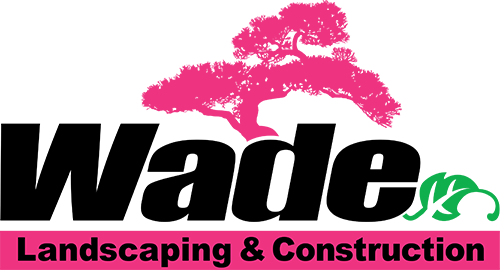

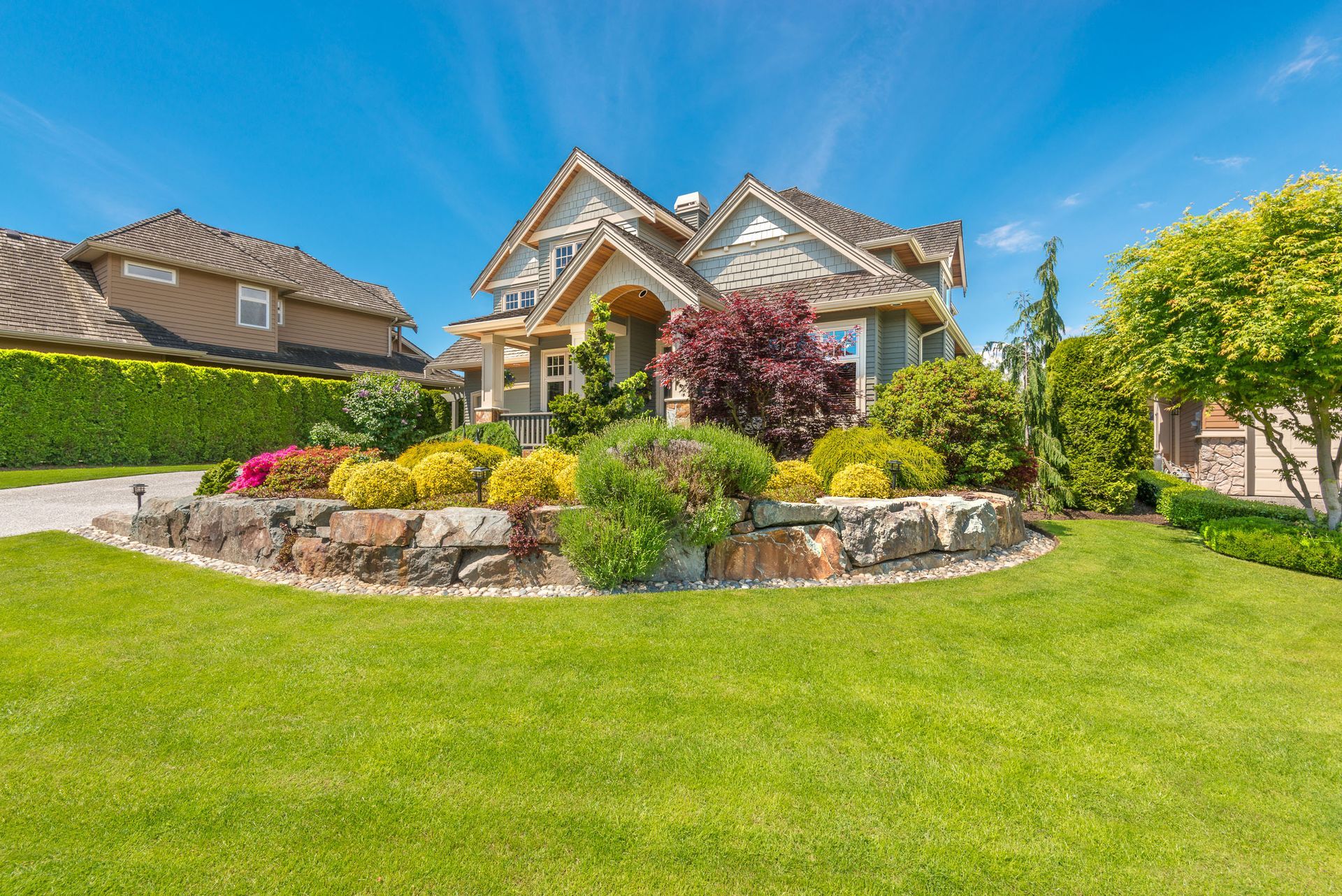
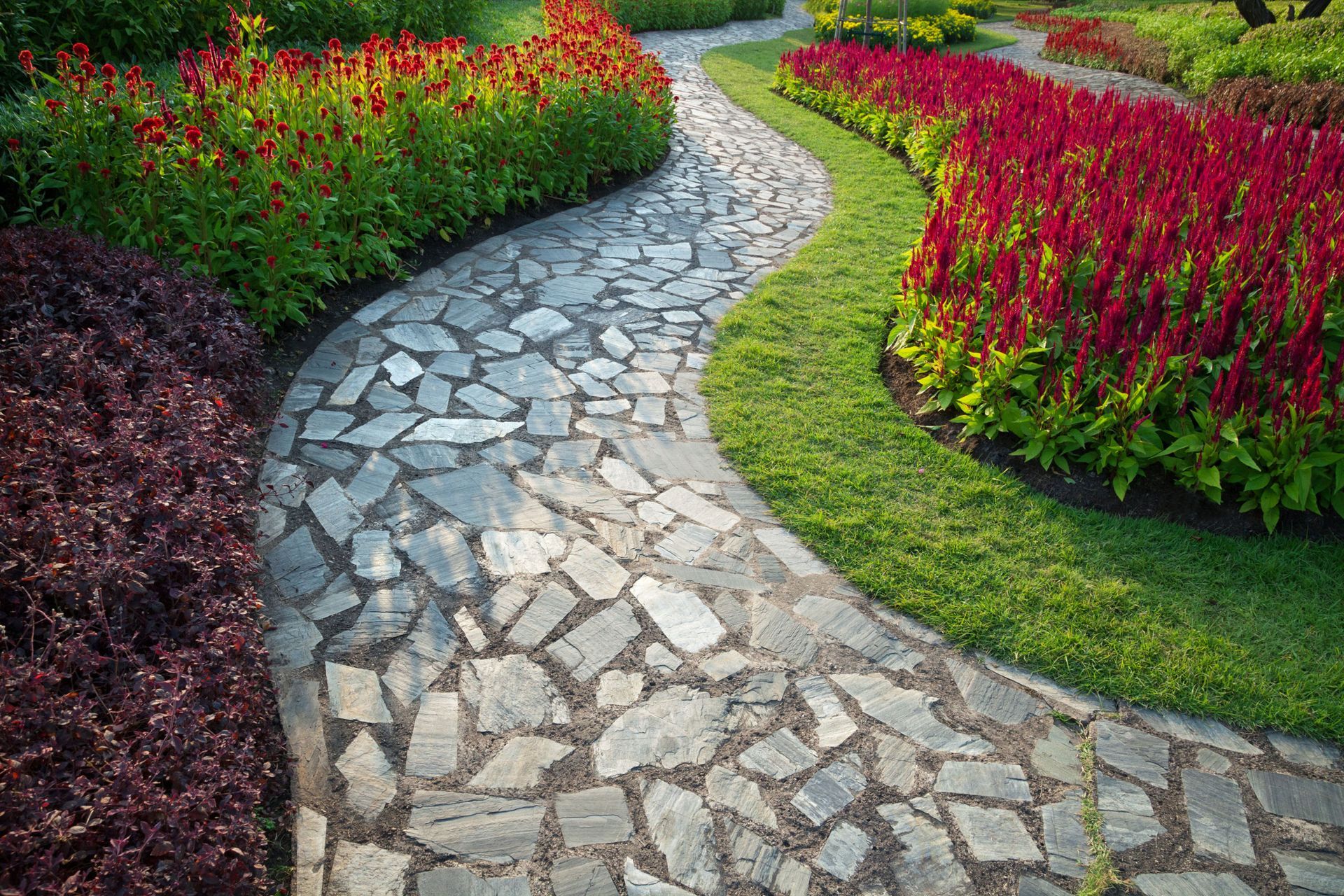
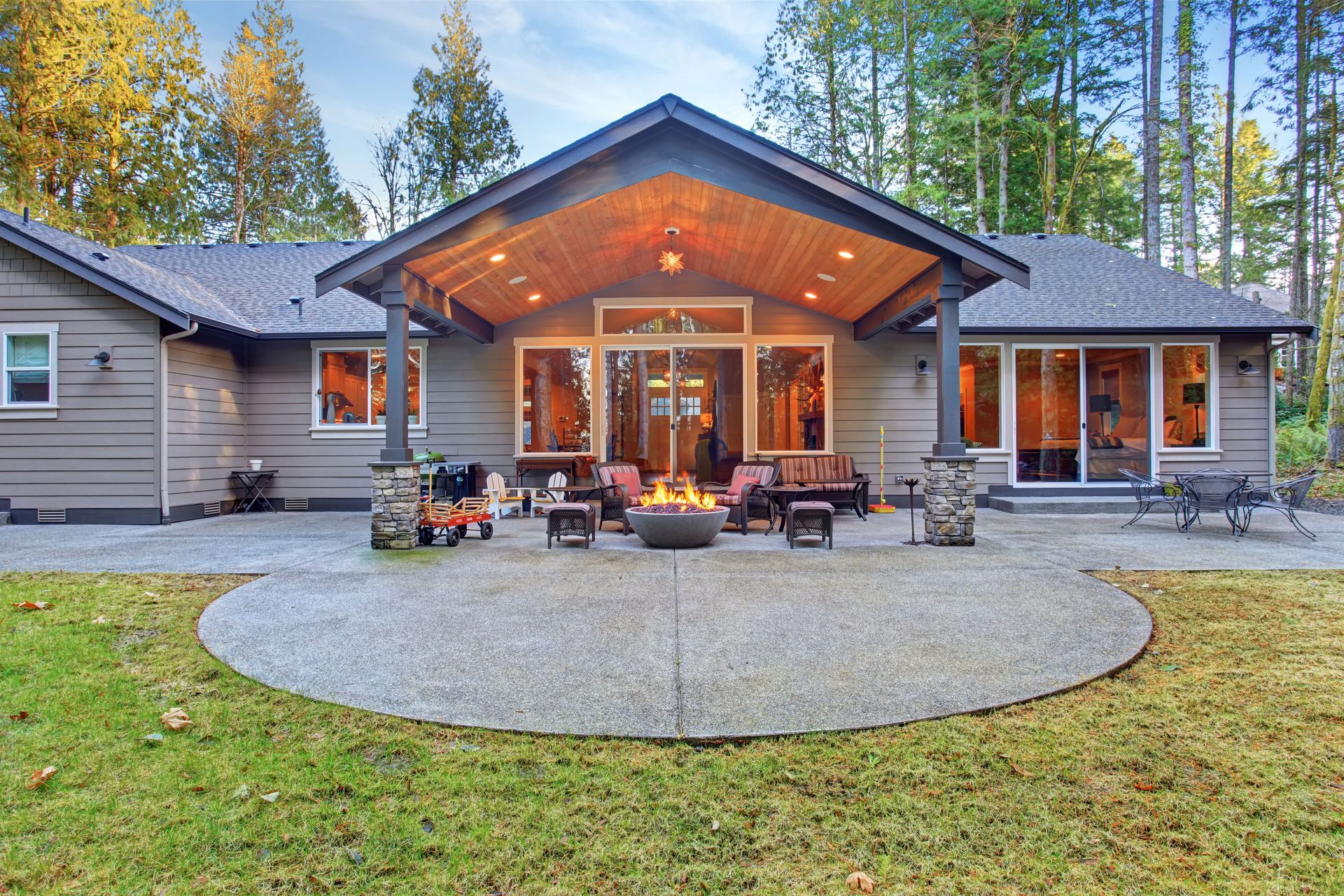
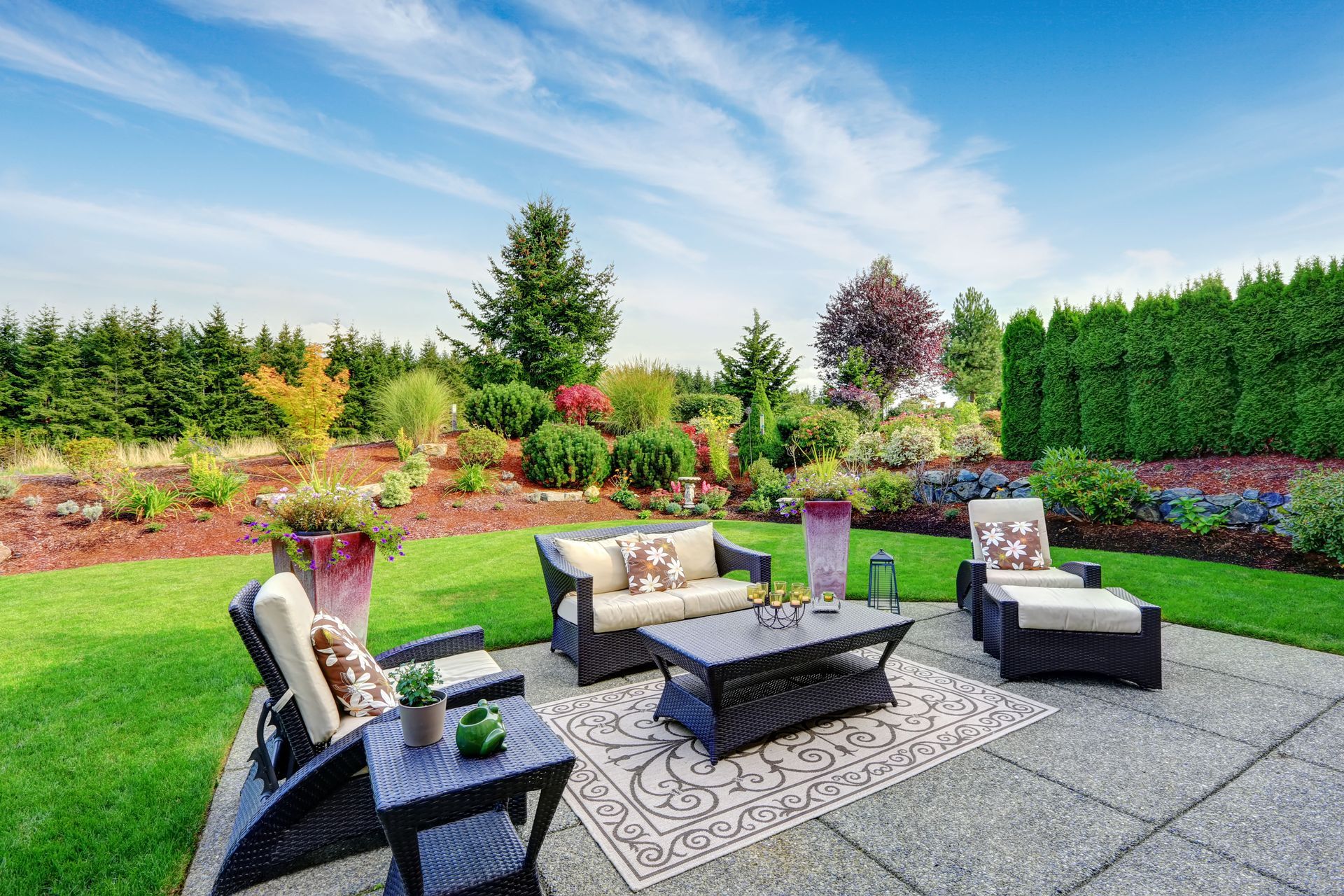
Share On: